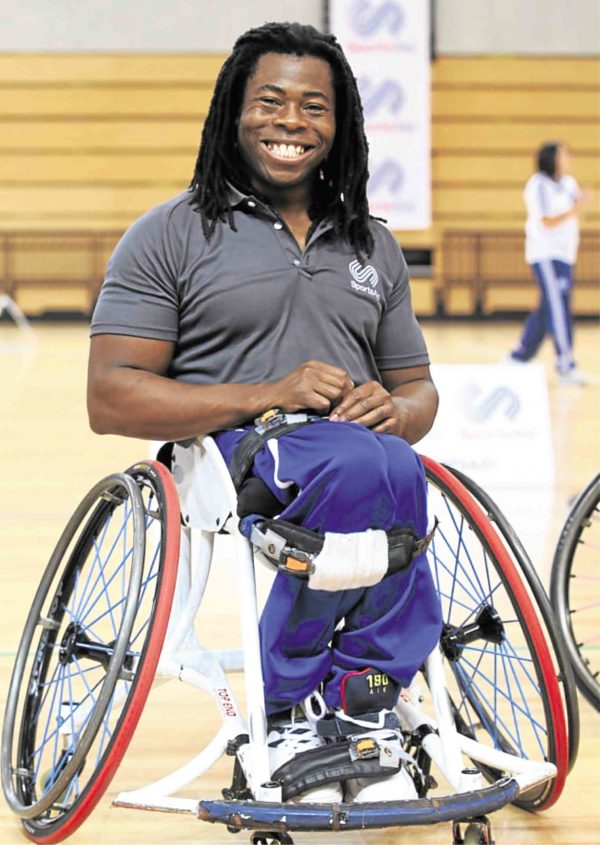Thanks to the British Broadcasting Corporation (BBC), viewers’ concept of TV hosting limitations is being expanded in an inspiringly liberating way. Its first gambit in this regard was its decision last year to hire a paraplegic, Ade Adepitan, as cohost of “The Travel Show.”
The very idea initially seems to be a weird contradiction in terms—but, it was the BBC’s way of making viewers realize that, thanks to advances in technology, traditional limits imposed on behavior and activity no longer apply.
True enough, in many instances, Adepitan is able to do and cover everything that his nondisabled colleagues can, inspiring many viewers to similarly rise above their own limitations both physical and psychological.
Recently, however, the BBC trumped its own already impressive efforts—by coming up with a special program about new, liberating devices for the disabled.
What made the special truly amazing and convincing was the fact that it was cohosted by four people who were themselves disabled! Despite their obvious limitations, they were able to go wherever the illustrative action was—including a snowy ski slope!
The special edition of “Click” was produced to mark the International Day for the Disabled, and convincingly proved that, if they’re well-motivated, amputees, deaf people and the legally blind can live a relatively normal and productive life, with the help of artificial limbs, apps for accessibility and assisted travel services.
The first feature, on teaching aids for the deaf, was hosted by a man with no hands and stumps for abridged legs and feet! Despite these major hindrances, he was still able to do justice to his assignment!
Ditto for the wheelchair-bound woman who hosted the next feature, on how the disabled can avail of assisted travel services on England’s complex rail transport system.
Another paraplegic, Maayan, focused on how to maneuver her wheelchair through London’s streets and shops, to gain access to places previously deemed off-limits to the less than ambulatory citizenry.
Next came a blind athlete who joined marathon races all over the world despite his disability. His helpmate was an all-knowing and “all-seeing” gadget that enabled him to avoid most obstructions and hindrances along the way.
The versatile, voice-empowered gadget was also a big help to him in daily life, because it enabled him to “recognize” people visiting him at home, and “read” the contents of a box of food.
The program ended with a woman who, with the help of a pair of special prosthetic limbs, was able to go snowboarding without hurting herself.
Aside from the scientific advances that the features brought out, what made the show inspiring was the cool professionalism exhibited by the disabled segment hosts, who didn’t let their physical limitations unduly diminish the impact and competence of their work. Many “able” TV hosts should be so competent—and plucky!
